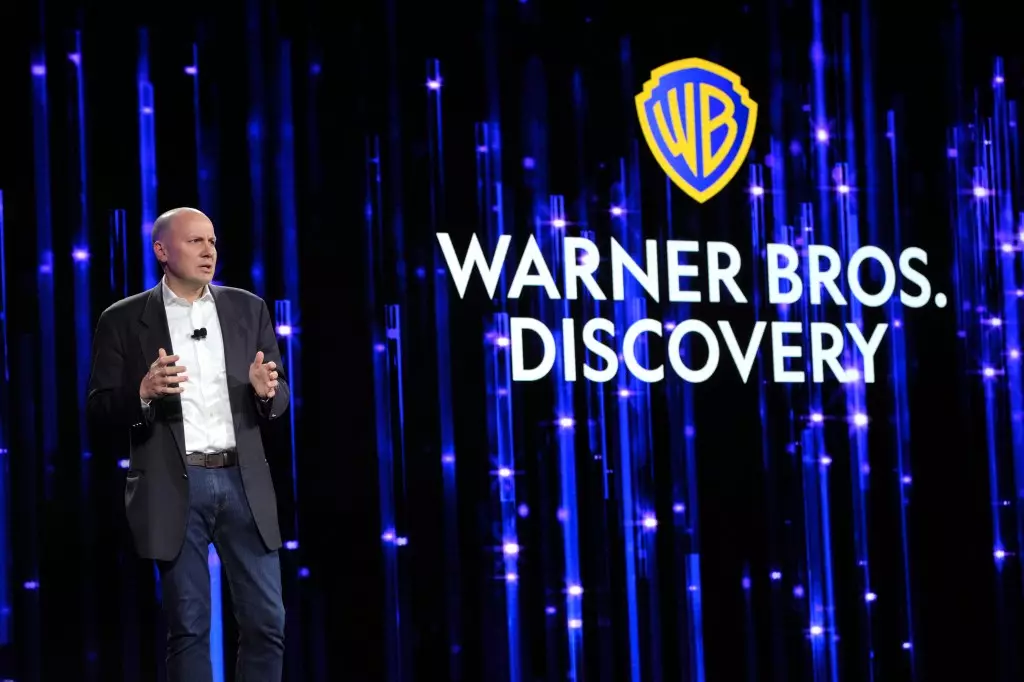As Warner Bros. Discovery (WBD) prepares to launch its streaming service Max across various European markets, questions loom large regarding its distribution strategy, particularly in the UK, Germany, and Italy. The traditional model of distributing content through established partnerships is being challenged as the company aims to adapt to the evolving digital landscape. In this dynamic environment, a potential collaboration with online retail giant Amazon has emerged as a topic of interest among industry insiders.
For decades, HBO thrived under the familiar paradigm of pay-TV distribution, where its content was effectively marketed through networks like Sky. The relationship between WBD and Sky has been fruitful, but as technology advances, the direct-to-consumer (DTC) model is gaining traction. With subscriptions being the ultimate prize in the streaming wars, WBD has found itself at a crossroads, grappling with issues that have arisen since HBO Max’s premature launch in 2020. Analysts suggest that the profitability of maintaining Sky partnerships must be weighed against the rising costs associated with acquiring subscribers through direct channels.
In his address at the Wells Fargo TMT Summit, JB Perrette, WBD’s CEO, hinted at Amazon’s potential role in the distribution of HBO content in European markets. This makes sense given Amazon’s aggressive posture in securing streaming rights and content partnerships. By partnering with a powerhouse like Amazon, WBD could leverage the latter’s extensive reach and technological infrastructure to maximize subscriber acquisition without completely severing ties with Sky. The landscape is changing, and Perrette’s comments suggest that WBD is keeping its options open, ensuring that they don’t erase all existing connections that could still be valuable.
As discussions continue about the future of WBD and Sky, it is crucial to remember that Sky boasts a substantial subscriber base in its key European markets. Perrette’s acknowledgment of Sky’s importance highlights the necessity of balancing DTC ambitions with established distribution channels. The value of retaining a partnership lies not just in subscriber numbers but also in the long-standing loyalty of HBO fans who have engaged with the content for years through Sky. While the old distribution model may be evolving, this relationship should not be discarded lightly.
Ultimately, the fate of HBO’s distribution strategy in Europe will hinge on several factors, including market dynamics, competitor strategies, and technological innovations. WBD must carefully consider its next steps as it navigates the complexities of modern streaming. Relying solely on a direct-to-consumer model may not yield the anticipated returns, given the challenges of customer retention in a crowded marketplace. Perrette’s message is clear: maintaining a strategic balance between partnering with established players like Sky and capitalizing on new opportunities with companies like Amazon could be the keystone to success in this evolving industry landscape.
As streaming becomes increasingly integral to media consumption, companies like Warner Bros. Discovery must adapt to stay competitive. The exploration of partnerships, whether with established distributors like Sky or innovative platforms like Amazon, signals an understanding that the future of entertainment will likely require a multifaceted approach. Only time will reveal which strategy will win out, but the commitment to exploring all avenues remains essential for securing HBO’s place in a rapidly transforming market.


Leave a Reply